Advanced Power System Protection and Metering System
To match the growing size and complexity of modern power metering systems, advanced power system,s and protection techniques have emerged. These Acrel Co. Ltd techniques incorporate cutting-edge technology, innovative algorithms, and intelligent relays to efficiently detect faults and disturbances. Advanced protection systems employ a combination of communication networks, fault recorders, and data analytics to swiftly assess system conditions and respond accordingly.
Furthermore, an integral aspect of advanced power system protection is the adoption of advanced metering systems. These power protection systems accurately measure electrical quantities, such as voltage, current, power factor, and energy consumption. Advanced power metering systems provide real-time data on power quality, load profiles, and energy usage, enabling operators to make informed decisions for system optimization, load management, and maintenance scheduling.
Essential Protection Devices in Power Systems
Various power protection devices work together to prevent or mitigate the effects of electrical faults in power protection system. These power protection devices include relays, circuit breakers, fuses, and surge protectors, among others.
Relays are essential and act as the brain of the power protection system. They monitor electrical quantities and send signals to activate power protection devices when a fault occurs. Circuit breakers play a crucial role in isolating faulty sections of the system, interrupting the flow of current to prevent further damage. Fuses are another important power protection devices that interrupts the circuit by melting when exposed to excessive current, thereby preventing any potential hazards. Surge protectors, on the other hand, protect against transient voltage spikes that can damage sensitive equipment.
In conclusion, advanced power system protection is of utmost importance to maintain the safety and reliability of electrical installations. Advanced power system protection techniques and intelligent metering systems have become indispensable for detecting and responding to faults promptly. The collaboration of protection devices, such as relays, circuit breakers, fuses, and surge protectors, helps safeguard equipment and personnel. By prioritizing the implementation of robust power protection systems, power system operators can ensure uninterrupted power supply while minimizing the risks associated with electrical faults.

 EN
EN

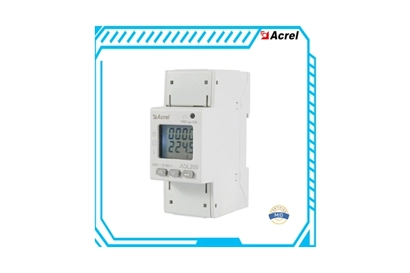
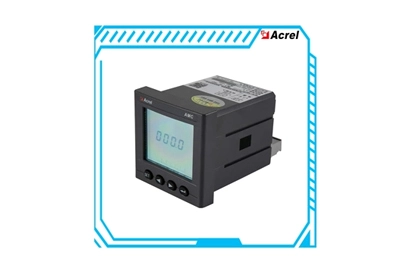
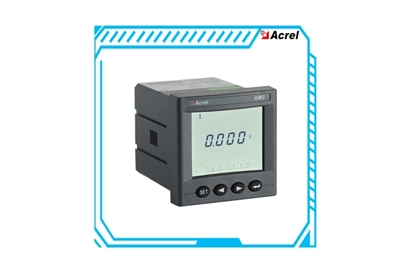
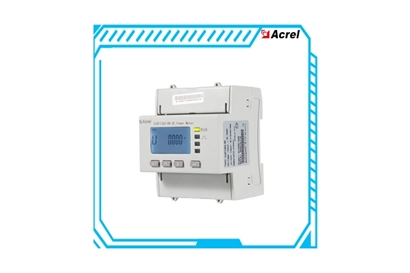
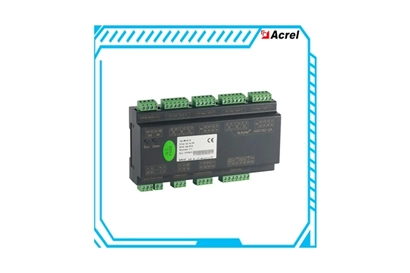
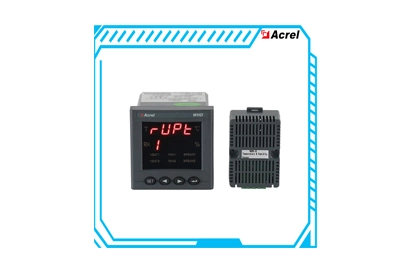
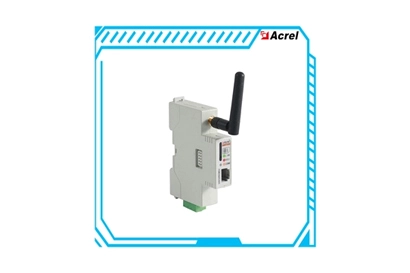
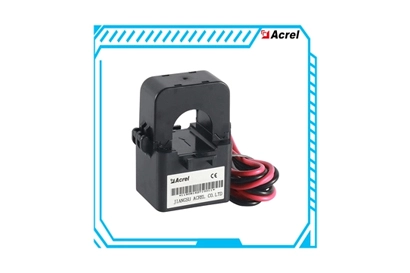
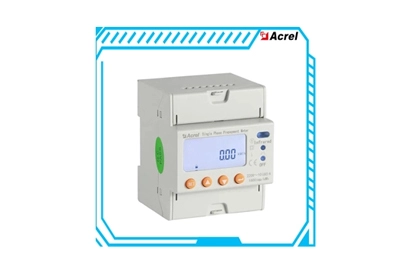
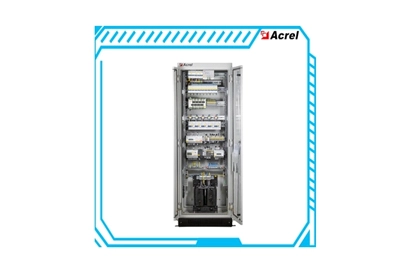
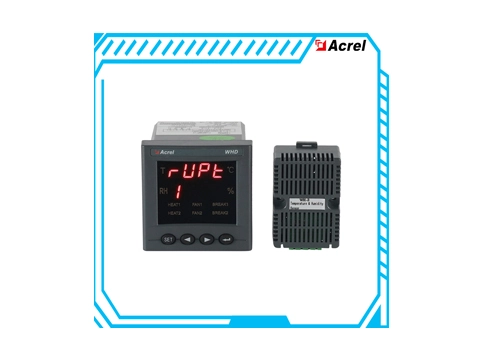
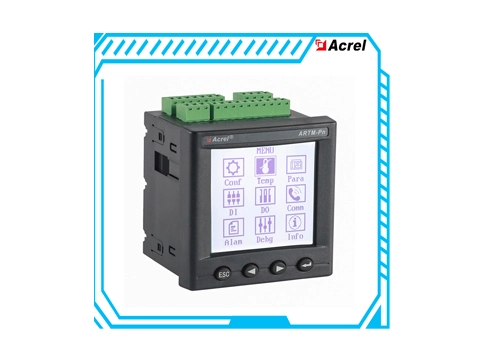
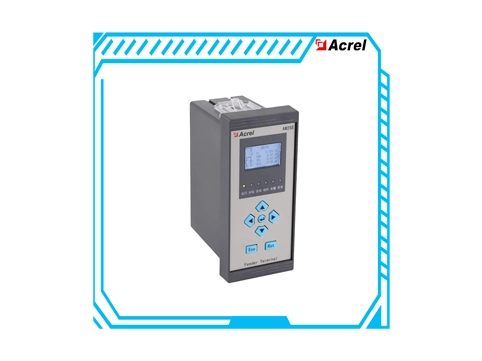
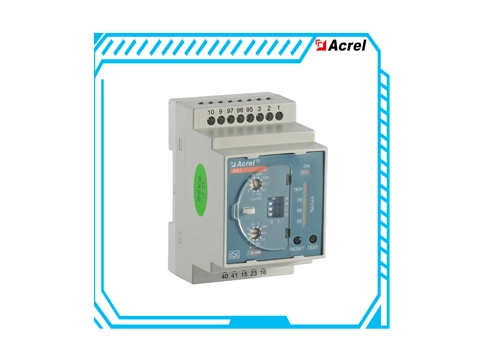
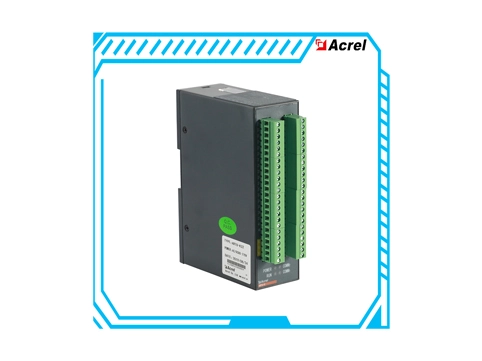

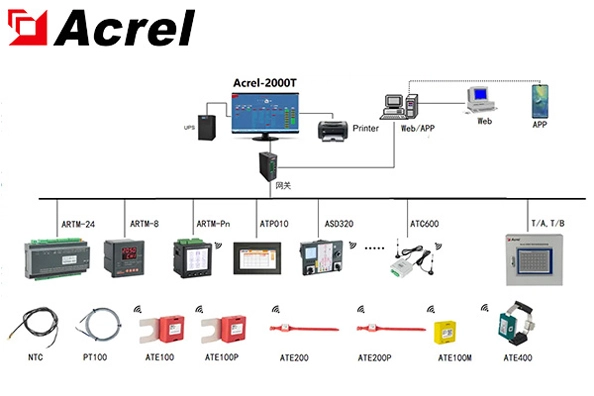




 Call us on:
Call us on:  Email Us:
Email Us:  No. 253, Yulv Road, Jiading Zone, Shanghai, China
No. 253, Yulv Road, Jiading Zone, Shanghai, China 

